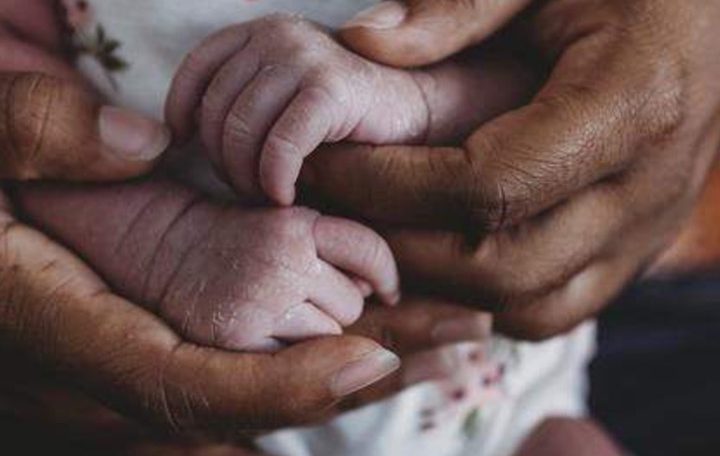Foetal alcohol spectrum disorder (FASD) is the leading preventable cause of developmental disability worldwide, and South Africa bears the heaviest burden. National estimates suggest one in twelve children is affected, with even higher rates reported in provinces such as the Western Cape and Northern Cape. In a typical class of forty pupils, two or three may be living with the lifelong effects of FASD, including learning difficulties, challenges with impulse control and social relationships, and a heightened vulnerability to addiction. These are not marginal numbers; they represent a generational challenge for families, schools and services.
The harm often begins before a pregnancy is even recognised. In low-income communities, many women book their first antenatal appointment only around the twentieth week, by which time alcohol exposure may already have occurred. Almost forty percent of pregnancies are unplanned, which means alcohol use in the early weeks is common. For women facing trauma, poverty or isolation, alcohol is sometimes used to cope, and availability is rarely the problem: cheap liquor is widely sold, often late into the night. In this context, a simple instruction not to drink is ineffective and risks replacing prevention with guilt.
Clinics are routinely the first place where risks are discussed, yet health workers are overstretched, screening for alcohol use is inconsistent, and mixed messages persist. Some providers still suggest that the occasional drink is safe, despite clear guidance from the World Health Organization and the US Centers for Disease Control and Prevention that no amount of alcohol is safe at any stage of pregnancy. Confusion from trusted professionals normalises risk and weakens public health messages when clarity is most needed.
Prevention therefore has to start earlier and reach wider than the clinic door. Community-based organisations, such as the Philani Maternal, Child Health and Nutrition Trust, are training mentor mothers to provide home-based support between clinic visits. These mentors offer practical help, encouragement and continuity — the kind of steady companionship that turns advice into action and keeps women connected to care through the most vulnerable weeks and months.
But community action needs policy cover. South Africa is saturated with alcohol marketing and outlets, while the burden of “responsible drinking” is too often placed on individuals. The World Health Organization’s “best buys” — higher alcohol taxes, fewer adverts and stricter controls on outlet density and trading hours — shift responsibility to where it matters: the policy environment that shapes behaviour. These levers are cost-effective and capable of preventing irreversible harms such as FASD.
A reframed approach treats prevention as collective care. That means supporting women before and during pregnancy; building social and family networks that make honesty and help-seeking possible; and confronting alcohol’s hold on communities by making it less affordable, less available and less normalised. South Africa cannot afford another generation of children carrying the preventable effects of FASD. The path forward is clear: invest in early, community-led support; resource health workers to screen and advise consistently; and enact policy that puts people before profit. When prevention moves beyond the clinic and into homes, streets and regulations, it becomes something women can rely on — and children can live by.






